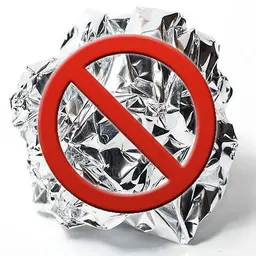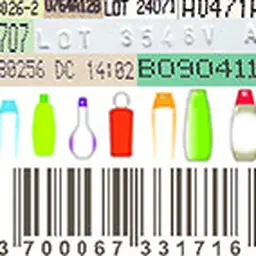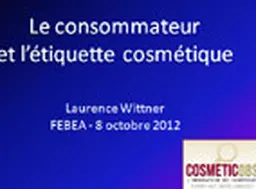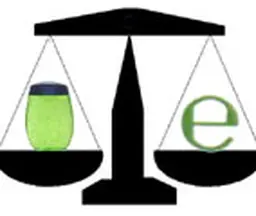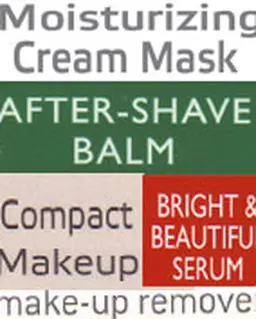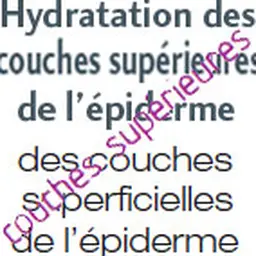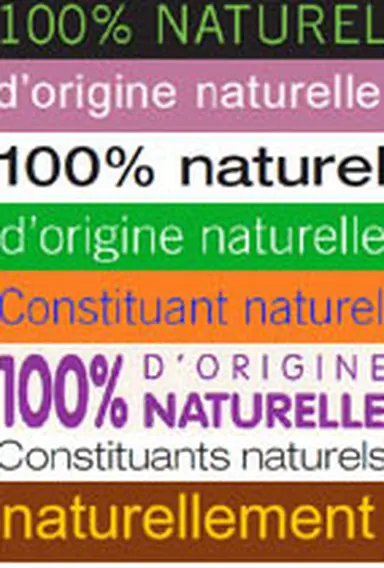
What is a "natural" cosmetic product? What can be understood from a "natural ingredient" label? What is the difference with an ingredient of "natural origin"? What about this "origin"? In brief, what does the "natural" word deal with in cosmetics? When the "natural cosmetics" mention is everywhere on labels, is it not natural to have a look at it?
You will not believe it: while natural cosmetics are ubiquitous in the shelves of the shops, there is no official definition of them. There is only one
paper, written in 2000 by a European experts Committee
, which outlines what it is, without many details, but it did not become the law.
The different bodies that are responsible of the "natural" and "organic" labels and the manufacturers themselves have established the criteria used to claim that this or that product is "natural". Indeed, there is no regulation of this mention that may hide very different things.
Natural ingredients
A natural ingredient is a vegetable, mineral or animal ingredient, directly produced by farming, an industrial exploitation or picking, and supposed not to have been processed. With a small reservation: There are almost no natural substances that can be used as such. Therefore, simple but badly needed transformation processes (such as grinding or filtration) are considered as not detrimental to the "natural" origin.
Water
By essence, it is natural. Nevertheless, this is not enough to define its quality, as it shall meet purity criteria for use in cosmetics, and it may be from different origins: only drinking water, or spring water, thermal …

